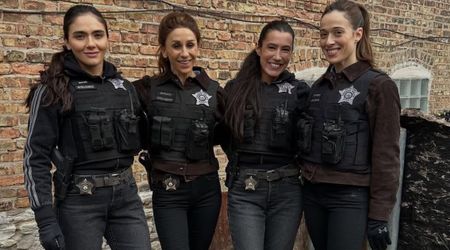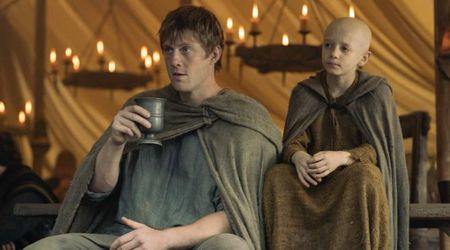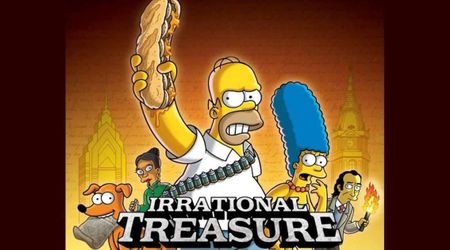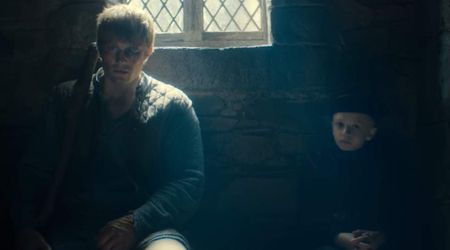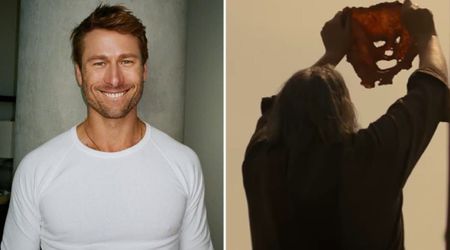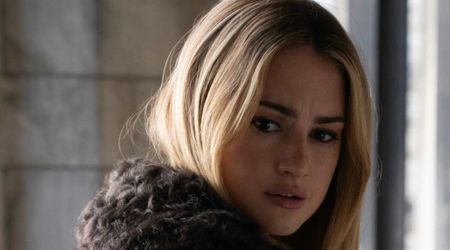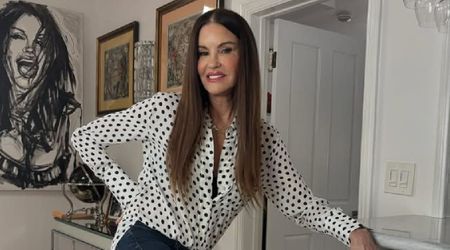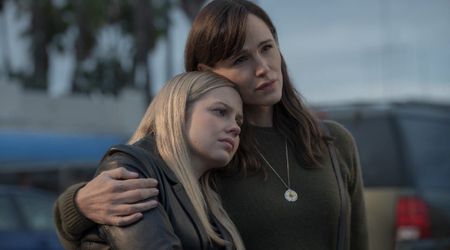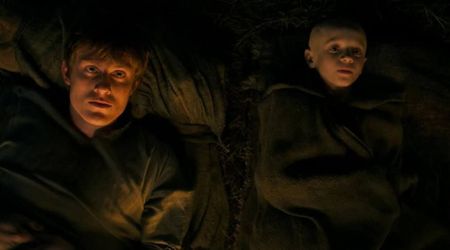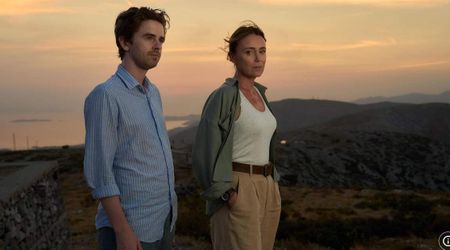'Stranger Things': Duffer Brothers' plagiarism summary judgement denied by court, trial set for May 6

It's not the first time we are hearing the Netflix hit 'Stranger Things' is being sued for stealing. The show's creators Matt and Ross Duffer allegedly stole the idea from an aspiring filmmaker who pitched a project at the 2014 Tribeca Film Festival. On Wednesday, a Los Angeles Superior Court denied a plagiarism summary judgment to the Duffer brothers in a lawsuit brought by Charlie Kessler, reported the Hollywood Reporter.
Kessler stated that 'Stranger Things' is based on a feature film script titled 'The Montauk Project,' which centers around a placed called 'Montauk' in New York, which he says is home to "various urban legends, and paranormal and conspiracy theories." The Duffer brothers argued in January that they didn't "manifest any intent to enter into a binding agreement" with Kessler, and that they independently created 'Stranger Things,' whereas Kessler alleges that 'Stranger Things' derives from his concept for a sci-fi story set near an abandoned military base.
"Charlie Kessler asserts that he met the Duffers, then two young filmmakers whom Kessler never had heard of, and chatted with them for ten to fifteen minutes," wrote the defendants' attorney according to the same publication. "That casual conversation — during which the Duffers supposedly said that they all 'should work together' and asked 'what [Kessler] was working on' — is the sole basis for the alleged implied contract at issue in this lawsuit and for Kessler's meritless theory that the Duffers used his ideas to create Stranger Things."
The L.A. Superior Judge Michael Stern denied the summary judgment and said there is no "novel" requirement under either New York or California law and turned to Faris v. Enberg, a 1979 appellate decision upholding a trial court's conclusion that no implied in fact contract could be formed when the plaintiff had voluntarily submitted his idea for the purpose of establishing a future business relationship.
"The present situation presents far different facts than those detailed in Enberg," writes the judge in the statement. "The circumstances under which [Kessler] claims to have submitted his ideas to the defendants are not analogous. The plaintiff’s claimed expectations also differ significantly. He contemplated commercial exploitation and profitability... Triable issues of fact remain to be determined concerning what plaintiff said, what he meant to convey by his conversation and how the defendants responded before it can be definitively concluded whether or not an implied in fact contract was formed."
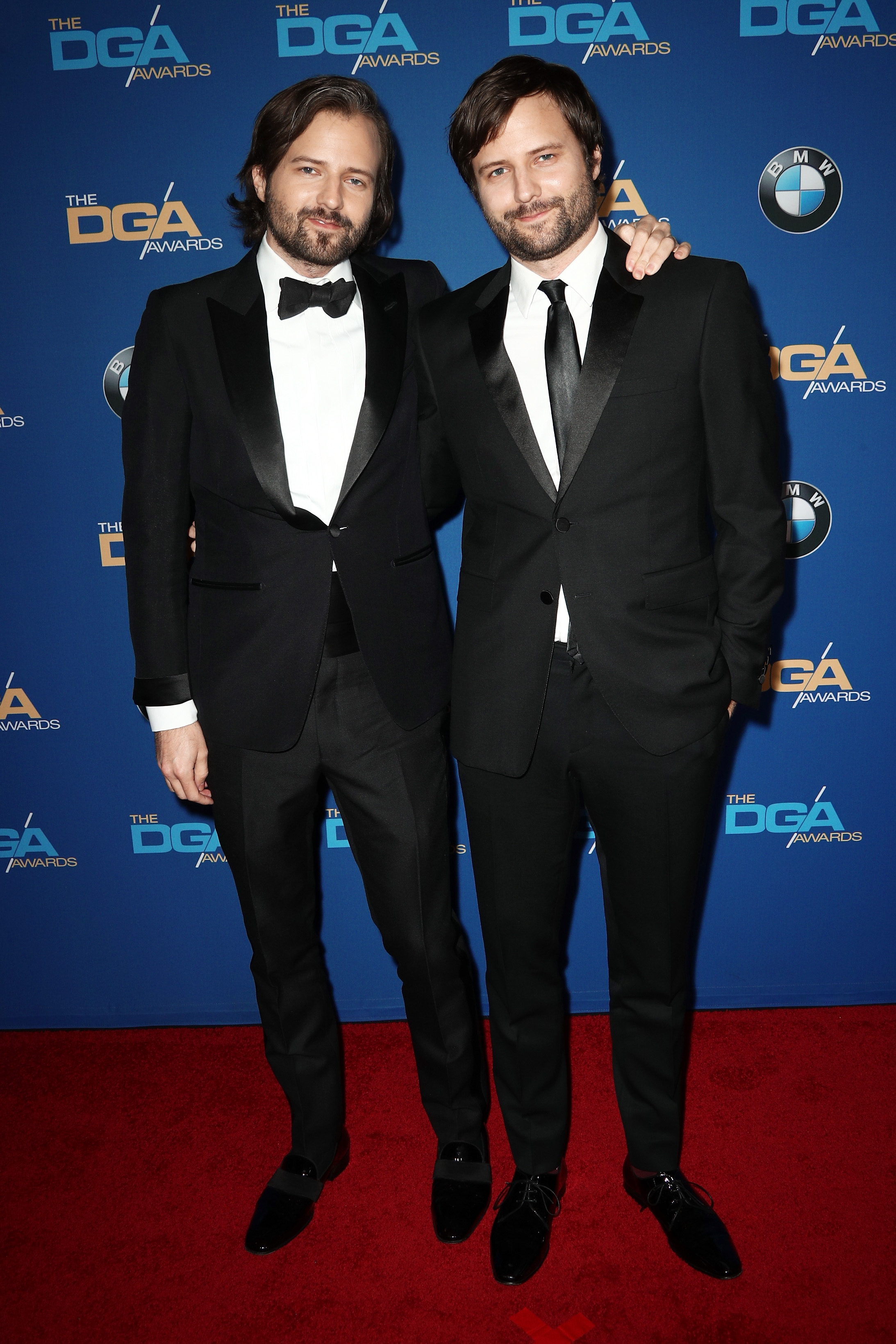
The Duffers have submitted declarations that they've always been fascinated by urban legends and conspiracy theories and began working on a film on the topic in 2010. Judge Stern stated that the problem with these declarations about independent creation is that they lack verifying evidence of the originality of the idea.
"Without such admissible evidence, we are left with an issue of determining credibility that must be decided by the trier of fact," ruled the judge. "Moreover, whether or not there is a similarity between the concepts to be discerned by comparing them is a subissue of independent creation that must be decided by the trier of fact."
The Duffer Brothers are now scheduled to begin their trial on May 6.

